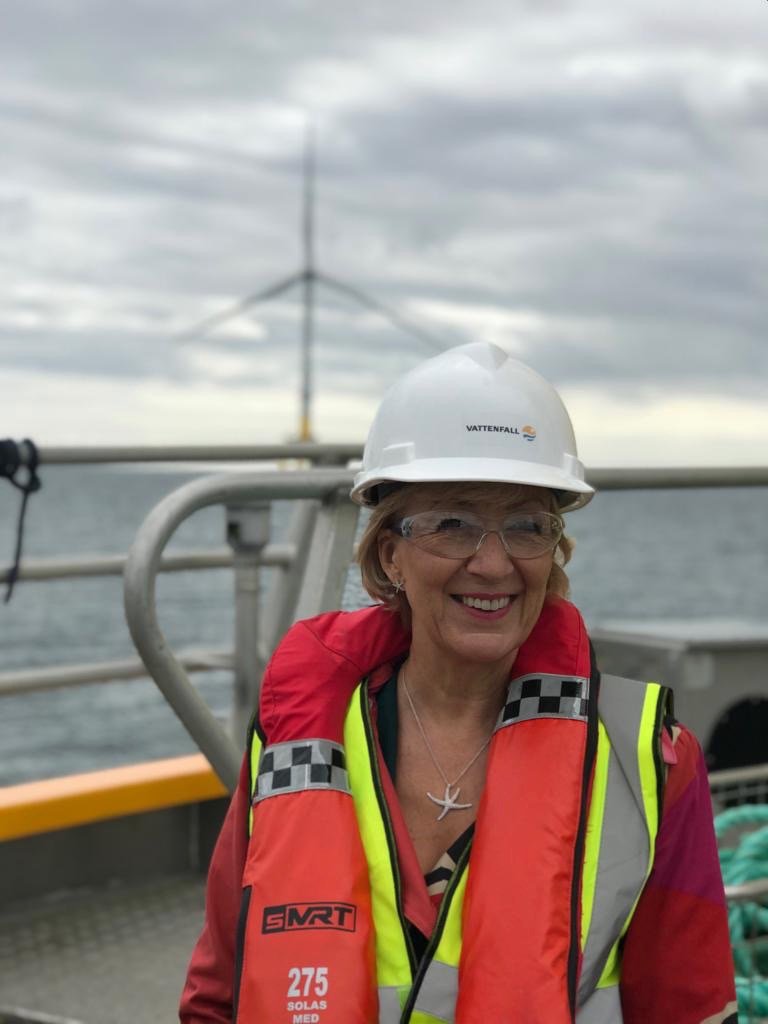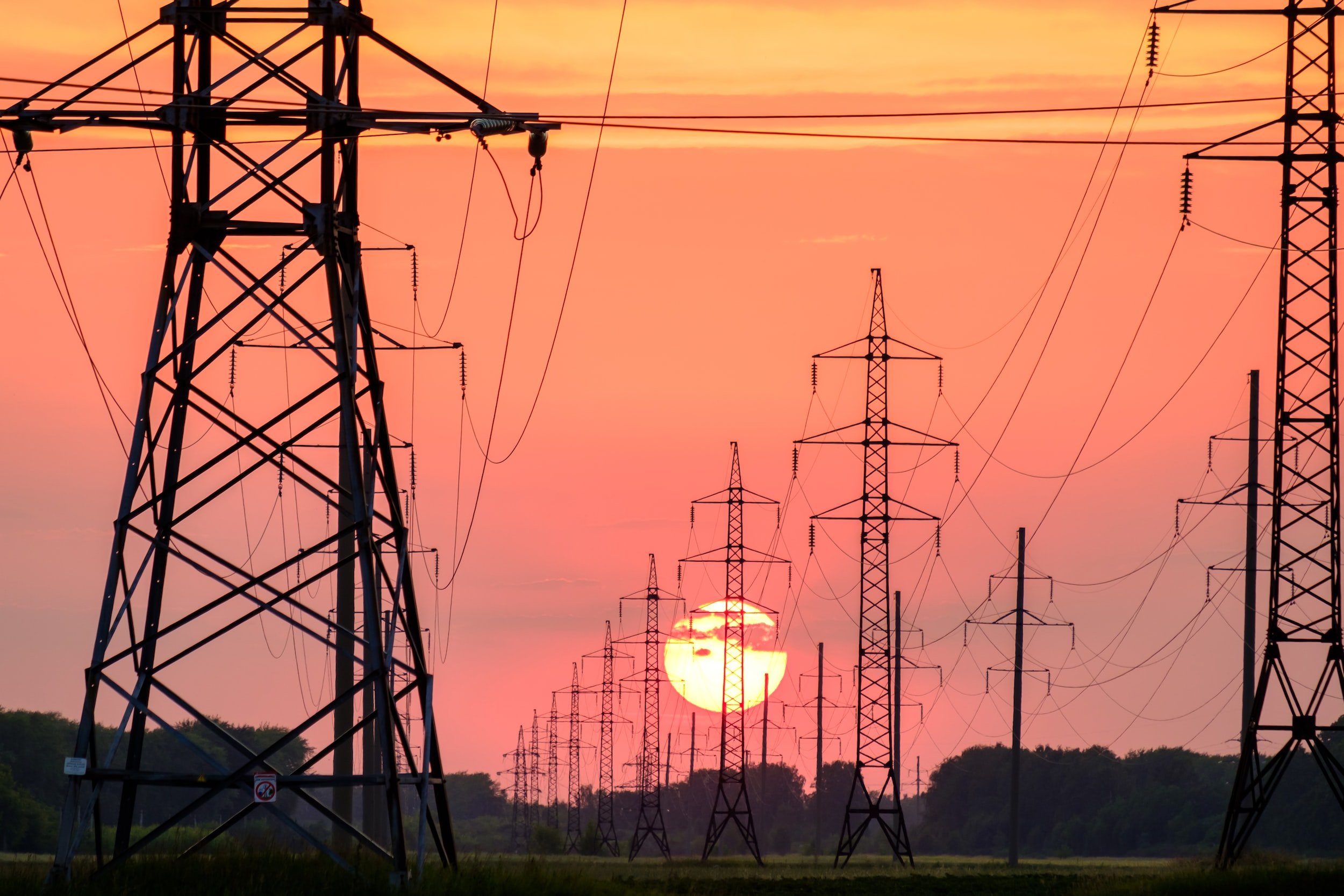1922 Backbench Committee on BEIS publishes urgent report to help consumers cut energy bills

The 1922 Backbench Committee on BEIS has published an urgent report into how government can help with the cost of energy bills in the short term. I am pleased to chair this Committee along with the Vice-Chairs Jo Gideon MP and Lord Peter Lilley.
Our report recommends a series of practical measures to help consumers in the short to medium term and also includes a broad range of policy ideas including improved guidance, demand side measures, supply side measures, speeding up existing measures as well as new ideas for incentivising investment.
Policy proposals include:
Improved guidance - Better access to existing education/incentive schemes designed to inform and support consumers about energy efficiency opportunities and clearer messaging on money saving ideas like turning off radiators in unused rooms, reducing pressure to hot water taps, reducing radiator setting on gas boilers to between 55 and 65 degrees to optimise energy output;
Demand side - stronger public messaging on the advantage of smart meters and pressure on energy companies to bring forward smart tariffs;
Supply side - a new permissive, planning regime for all renewable and any shale gas extraction schemes where a majority of residents, on a local referendum are willing to support them in return for free/subsidised energy or a share of revenues;
Speeding up existing measures - bring forward the existing plan to move to ‘half hourly pricing’, empowering consumers to use electricity when it is cheaper;
Incentivising investment - government could consider stronger R&D incentives to encourage investment in fuel efficient capital equipment.
We are eagerly awaiting the Government’s new energy strategy, but I am concerned that whilst it will be great for the medium term, it won’t do enough to help tackle the cost of energy bills this winter.
Our report is full of practical ideas for what government can do to help in the short term, and I hope it will find them useful as it finalises and implements its strategy to help consumers and businesses.
The 1922 Backbench Committees were established at the request of the PM to enable better access to the policy ideas of backbenchers. This is the first inquiry to be completed by a 1922 Backbench Committee and has a range of views and policy ideas from different Conservative parliamentary intakes, constituencies and viewpoints.





